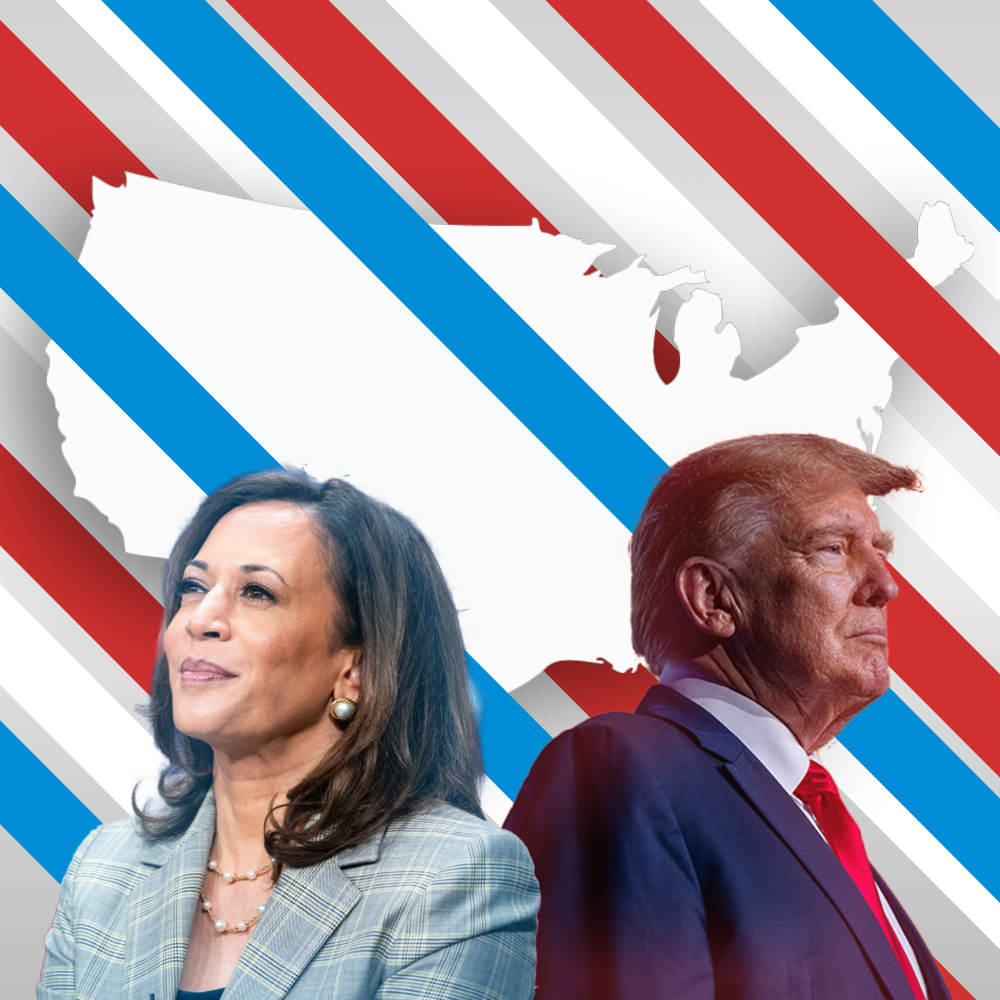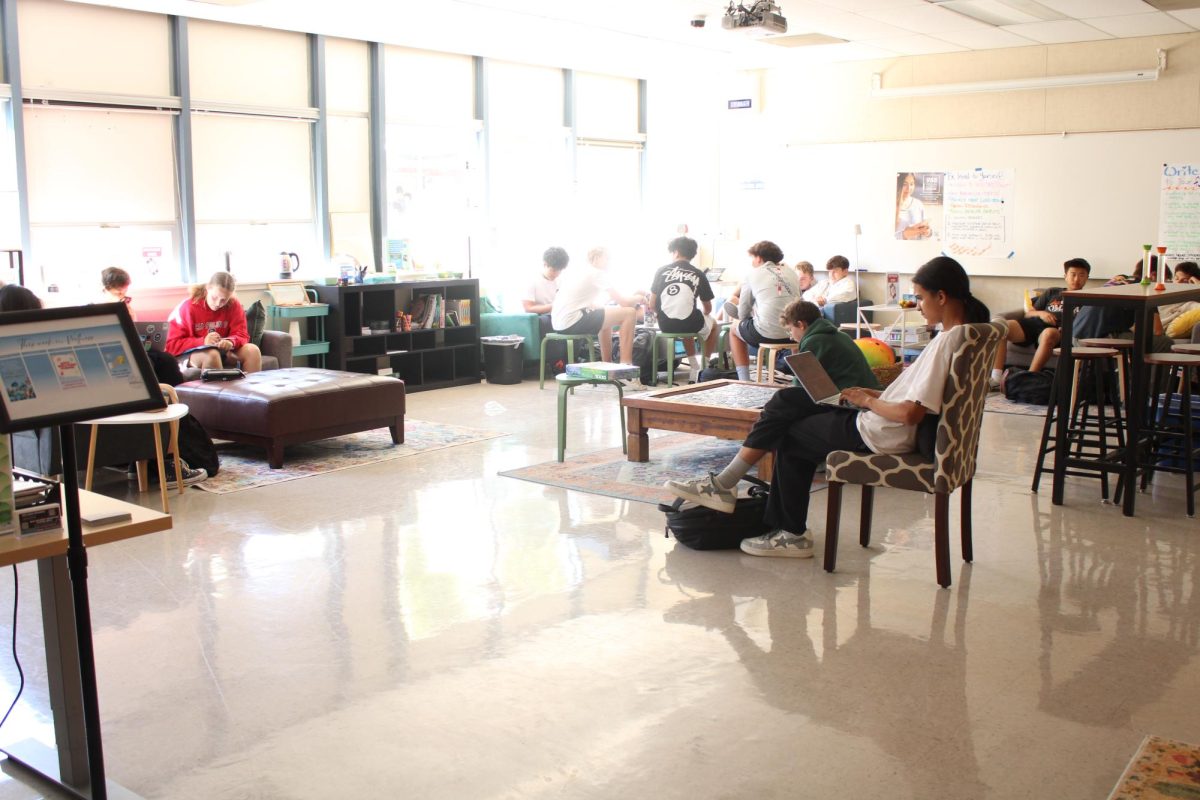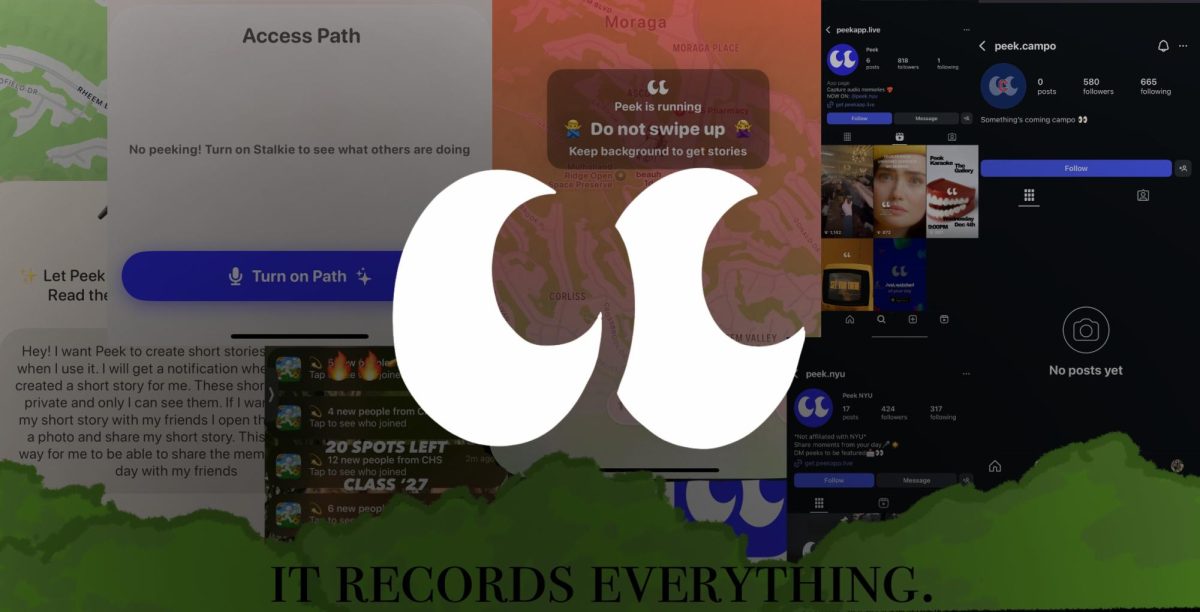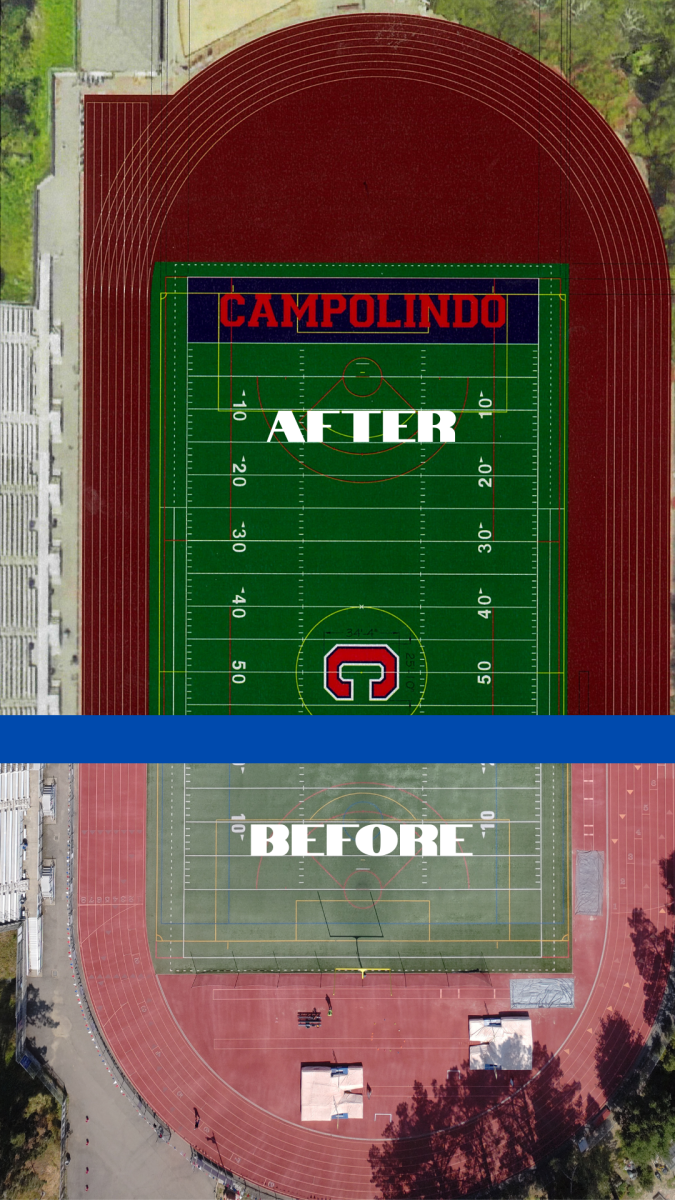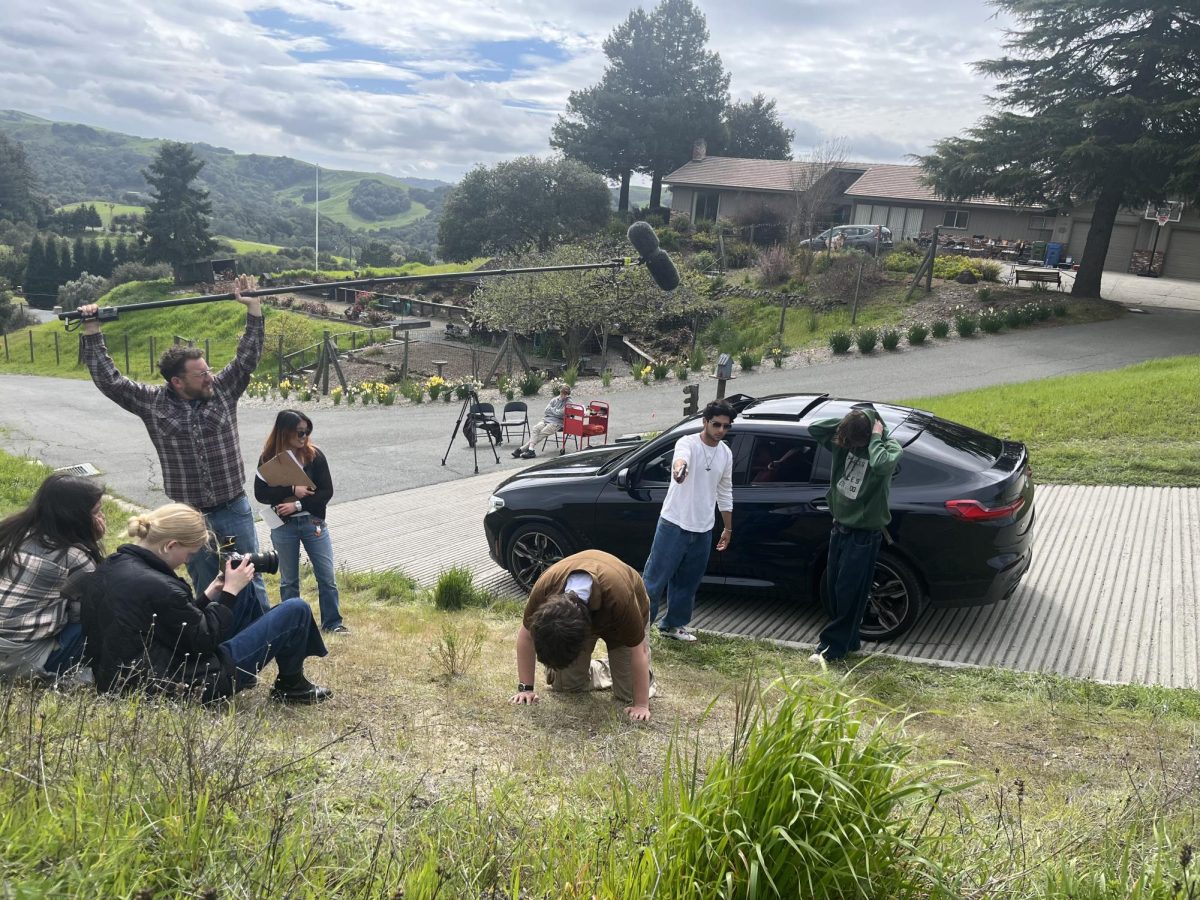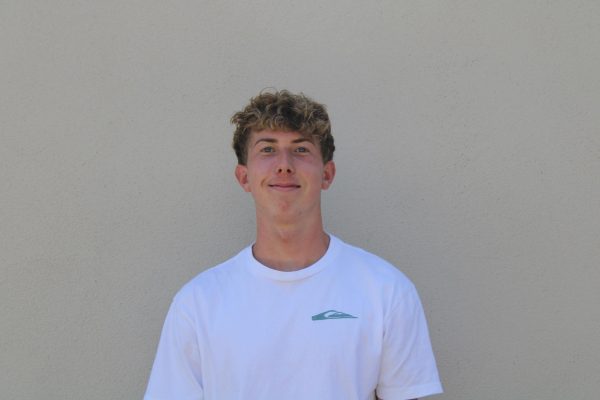Editor’s Note: The original copy mistakenly stated that Donald Trump “would become the only president to serve in two non-consecutive terms if elected.” This has been corrected to acknowledge that President Grover Cleveland was the first President to do so.
With the 2024 presidential election just days away, America has been placed with two distinct options for a potential commander in chief. On democratic side, current Vice President Kamala Harris entered the race in July after President Joe Biden announced his dropping out. A firm advocate for reproductive rights and providing tax cuts to middle and lower income families, Harris would become the first Black woman and Asian American to lead the country. On the Republican side, former President Donald Trump, who has faced multiple assassination attempts in recent months, would become the second president to serve in two non-consecutive terms if elected. Currently, he faces multiple charges in state and federal courts but continues to argue for anti-immigration policies and increased foreign tariffs.
In elections like these – which extend far beyond the president – we are often told that swing states are the only votes that count. And while states like Pennsylvania, North Carolina, and Arizona hold immense power given the current makeup of the electoral college, what will truly impact this upcoming election is the nearly 8.3 million newly eligible youth voters since the 2022 midterms. Here at Campo, a select few seniors who’ve finally turned 18 are among this new demographic. But for these 18 and 19 year olds who’ve never filled out a ballot before, numerous questions arise.
For one, why is it important that everyone votes? This is a question that honestly matters more to the individual. Even if you’re not necessarily passionate about certain political causes, it is absolutely crucial that people vote so that our shared American democracy directly reflects the will of the people. If one person doesn’t vote in an election, democracy is that much less representative. If a lot of people don’t vote – take 33% of the voting population in 2020 who didn’t turnout – democracy benefits only a fraction of people.
Among the new generation of youth voters, junior Colbie Freese is a voter enthusiast who has already pre-registered. “We’re the upcoming generation, and I think we bring a new perspective to a lot of issues that are talked about by the candidates in the upcoming general election.” Despite not being old enough yet to vote in the 2024 election, Freese is still using her voice to drive voters to the polls in November. “I’m currently working with an organization called Vote Forward to write letters to historically marginalized voters in battleground states to encourage them to get involved and mobilize in this election.”
And while the presidential ticket is often the marquee item in general elections, numerous other leaders and propositions that more directly impact local decisions are also on the 2024 ballot. From school board members to state assembly members, the general election boasts an important list of voting items that are often less featured in mainstream media.
One recent local proposition regarding the voting age in America has already made national headlines. Legislation in nearby Oakland now permits people 16 and older to vote in school board elections in the upcoming 2024 election. Because school boards directly impact the curriculum and decisions in high schools, supporters of the legislation have argued students should be allowed a greater voice in who gets to control school-related issues .
Oakland Unified High School District board president Sam Davis spoke about the newfound legislation and its importance to highschoolers. “…students care deeply about issues in their schools and [the legislation] empowers them to have a voice in deciding who will represent them in setting policy on those issues.” Davis also believes it is better for students to begin to vote at 16 because it is “when they are still living with their parents and able to get civic education in their US Government class in high school.”
When asked about the common belief that 16 and 17 year olds aren’t mature enough to make informed decisions regarding voting, Davis explained that “teens are [already] making important decisions about their bodies and their identities, learning to manage technology and social media independently, and learning to drive a potentially dangerous object, namely a motor vehicle.” He also referenced a number of issues that Oakland teens have voiced concerns over such as investing in a restorative justice program, more bathroom cleanliness, and the issues of dealing with charter versus public schools.
With an eager population of teens that may not yet be of voting age, finding ways to incorporate participation in democratic decision-making, whether it be in school ASB elections or even municipal elections, is crucial in fostering a next generation of active citizens. Here at Campo, one recent idea proposed by leadership advisor Lindsay Webb-Peploe would do just that.
“We’re gonna do a mock vote on November 5, which is the day of the general election in the United States. This idea really came from students in particular. They wanted to see what students here at Campolindo think about the various races that are taking place.” Webb-Peploe explained that this idea would allow students to vote on the presidential race and “a number of other races that are important, including propositions.”
Her mock-election idea comes after an initiative organized by leadership sought to get students to pre-register to vote back in September. “California has a special law that you’re allowed to pre-register at 16 so that you automatically become registered at 18 and they’ll start to send you the ballots and all the information before an election. It’s just a way to ensure that young people actually get registered and end up voting.”
So, with only a few weeks left until the final ballots for the 2024 election are cast, voting has never been more crucial and relevant for the next generation of youth voters. While many often view voting as a laborious right, this privilege is one that has been fought for for centuries among the marginalized around the world. Elections aren’t just a political superbowl, but a chance to forge change and redefine what we as a country stand for. The 2024 election is going to be one like no other, on both the national and local scale. As Freese notes “It’s going to be a big one. Super important.”
Election Day In-Person Voting Booths:
Acalanes High School |
1200 Pleasant Hill Rd |
Lafayette |
Lafayette Christian Church |
584 Glenside Dr |
Lafayette |
Our Savior’s Lutheran Church |
1035 Carol Ln |
Lafayette |
Veterans Memorial Building – Lafayette |
3780 Mt Diablo Blvd |
Lafayette |
Moraga Valley Presbyterian Church |
10 Moraga Valley Ln |
Moraga |
St Monica Church |
1001 Camino Pablo |
Moraga |
Holy Shepherd Lutheran Church |
433 Moraga Way |
Orinda |
Orinda City Hall |
22 Orinda Way |
Orinda |
St Stephens Episcopal Church |
66 Saint Stephens Dr |
Orinda |
More information at: https://www.contracostavote.gov/elections/election-day-polling-places/
